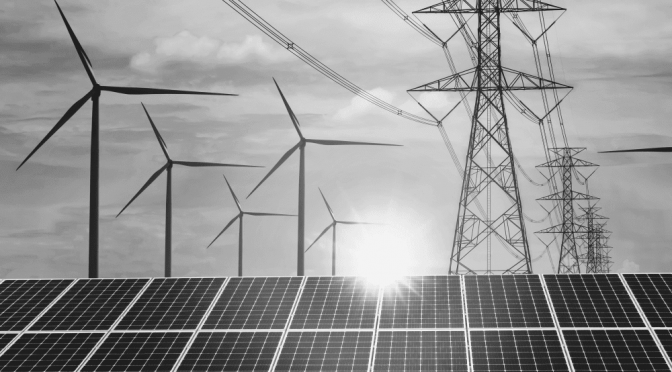The potential of wind energy in Comoros is a topic that has been gaining traction in recent years, as the island nation seeks to diversify its energy sources and reduce its dependence on imported fossil fuels. As a country made up of three volcanic islands located in the Indian Ocean, Comoros is endowed with a favorable climate and geographical conditions for harnessing wind power. With the global shift towards renewable energy sources, the time is ripe for Comoros to explore the potential of wind energy and tap into this abundant resource to power its future growth.
The Comorian government has already taken steps to promote renewable energy development in the country. In 2017, Comoros joined the International Solar Alliance, an initiative aimed at promoting solar energy in countries located between the Tropics of Cancer and Capricorn. Additionally, the government has set ambitious targets for renewable energy generation, aiming to achieve 100% renewable energy by 2030. These efforts are part of a broader strategy to reduce the country’s reliance on imported fossil fuels, which currently account for over 90% of its energy supply.
Wind energy has several advantages that make it an attractive option for Comoros. First and foremost, wind power is a clean and sustainable source of energy that does not produce harmful greenhouse gas emissions. This is particularly important for a country like Comoros, which is highly vulnerable to the impacts of climate change, such as rising sea levels and extreme weather events. By investing in wind energy, Comoros can contribute to global efforts to mitigate climate change while also protecting its own environment and natural resources.
Another advantage of wind energy is its potential to create jobs and stimulate economic growth. The construction, operation, and maintenance of wind farms require skilled labor, which can provide employment opportunities for local communities. Moreover, the development of a domestic wind energy industry can help to reduce the country’s trade deficit by decreasing its reliance on imported fossil fuels. This, in turn, can free up resources for investment in other sectors of the economy, such as education, healthcare, and infrastructure.
In order to fully realize the potential of wind energy in Comoros, several challenges must be addressed. One of the main barriers to the development of wind power in the country is the lack of adequate infrastructure, particularly in terms of power transmission and distribution networks. The Comorian government will need to invest in upgrading and expanding its electricity grid to accommodate the integration of wind power.
Another challenge is the need for capacity building and technical expertise in the field of wind energy. This includes training local engineers and technicians in the design, installation, and maintenance of wind turbines, as well as developing the necessary regulatory frameworks and policies to support the growth of the sector. Partnerships with international organizations and private sector companies can play a crucial role in providing the necessary technical assistance and financial resources to overcome these challenges.
In conclusion, the potential of wind energy in Comoros is significant and holds great promise for the future of renewable energy in the country. By harnessing its abundant wind resources, Comoros can reduce its dependence on imported fossil fuels, contribute to global efforts to combat climate change, and stimulate economic growth and job creation. However, realizing this potential will require concerted efforts by the Comorian government, international partners, and the private sector to address the challenges of infrastructure development, capacity building, and policy support. With the right investments and partnerships, wind power can play a pivotal role in powering Comoros’ transition to a sustainable and prosperous future.

